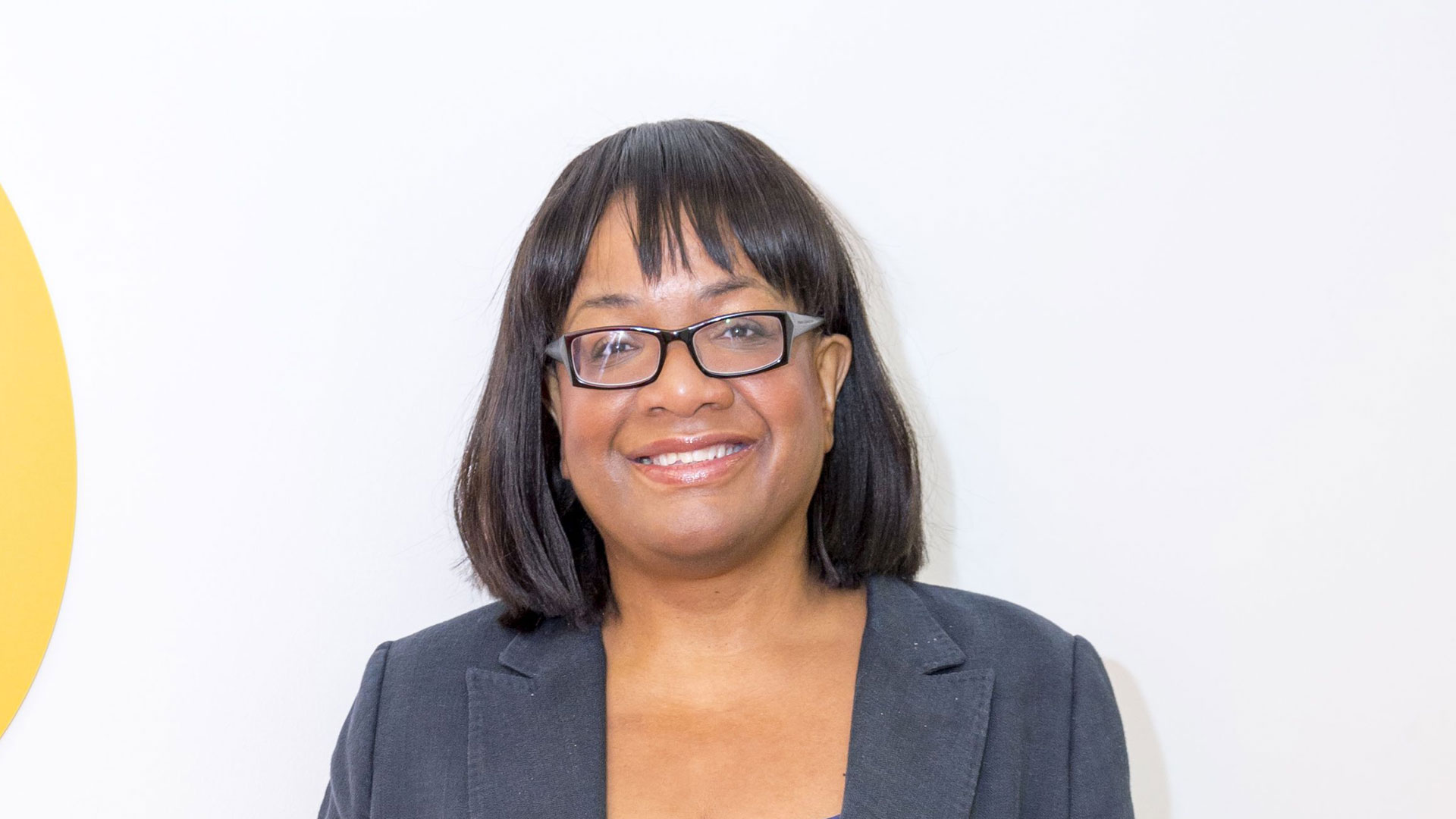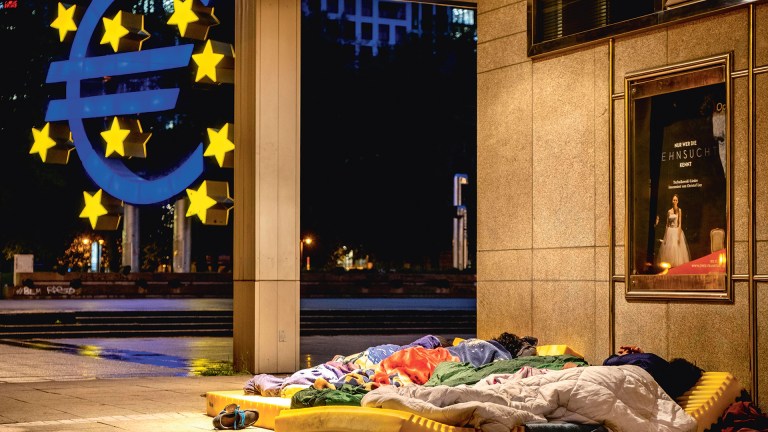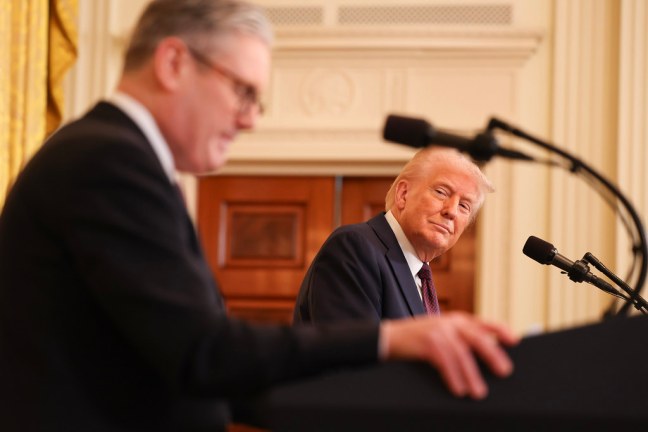At 16 I was preoccupied with GCSEs, though I was regarded as quite a naughty girl. I certainly wasn’t the teacher’s favourite. I think now I’d be able to say to my younger self that that had a lot to do with being the only black girl in the class. That shaped the way the teacher looked at me. It took me years to understand that.
I’d definitely tell my younger self not to worry so much about not being a size six, not looking like Twiggy and not having waist-length blonde hair. I wish I’d realised beauty comes in all sorts of varieties. I fell for a lot of beauty myths of the time. And when I look at old photographs of myself I see I wasn’t fat at all and I was much prettier than I remembered.
My parents had gone through a very acrimonious divorce. My mother had to leave us and she’d gone a long way, to Yorkshire, because she wanted to get far away from my father [the family lived in Harrow]. I stayed very loyal to my mother and I understood why she felt she’d had to leave, though my brother, who was younger, felt she had abandoned him. I had to do all the cooking and cleaning while I studied for my exams – my father hadn’t heard of modern feminism. I did struggle with that role. I didn’t question that I should be doing it but it was all very stressful, very difficult.
When I got to Cambridge, I felt so alone among these privileged white people
My clear goal was to go to Oxford or Cambridge. For no particular reason. Neither my mother or father had been to university, they both left school at 14. No one was especially encouraging me. But I was determined. In the novels I was reading people went to Oxford or Cambridge. And I remember the school had taken us once on a trip to Cambridge and I was blown away. These undergraduates in their striped scarves – to me they looked like gods and goddesses. I thought if I went to Cambridge I, too, would become a special, remarkable person. In reality, when I got there, I felt so alone among these privileged white people, I thought at first I’d made a horrible mistake.
I’ve been a very determined person from quite a young age. I’m not sure where it comes from. When I first talked about parliament, it was like when I talked about Cambridge – people didn’t think it was realistic. It was only when I became the Labour candidate in Hackney that things began to change.
I don’t resent getting older. I hated being called a girl when I was in my 40s and 50s. I found that patronising. I worry about my physical health but I don’t worry too much about looking older. I do think, though, there’s a point as you get older that men stop seeing you. Middle-aged women become invisible. As a public figure people pay attention to me but when men don’t know who I am I’m invisible to them.










